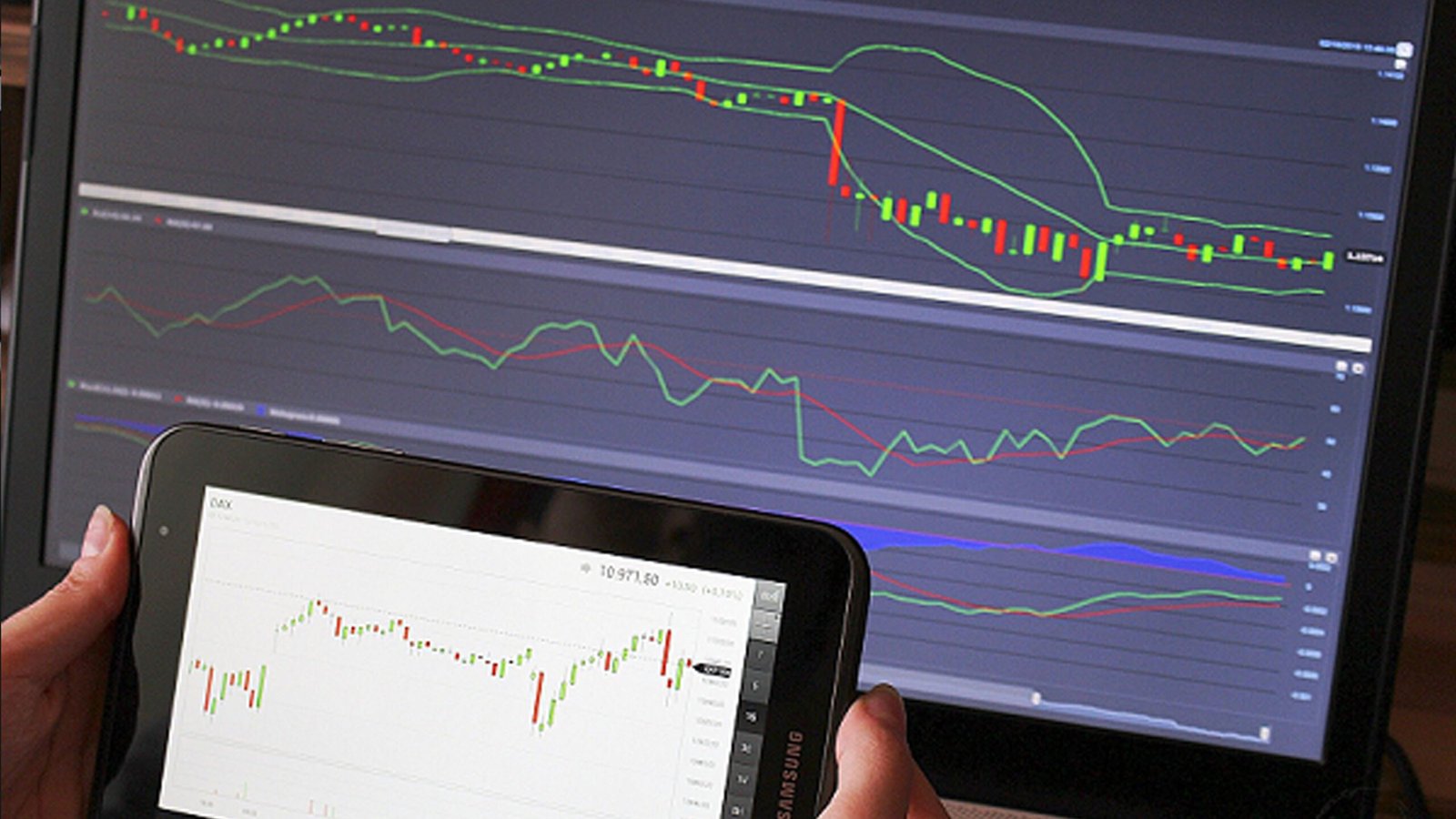KEY POINTS TO REMEMBER
Market capitalization refers to the value of a company as determined by the stock market. It is defined as the total market value of all outstanding shares.
To calculate a company’s market capitalization, multiply the number of shares outstanding by the current market value of a share.






